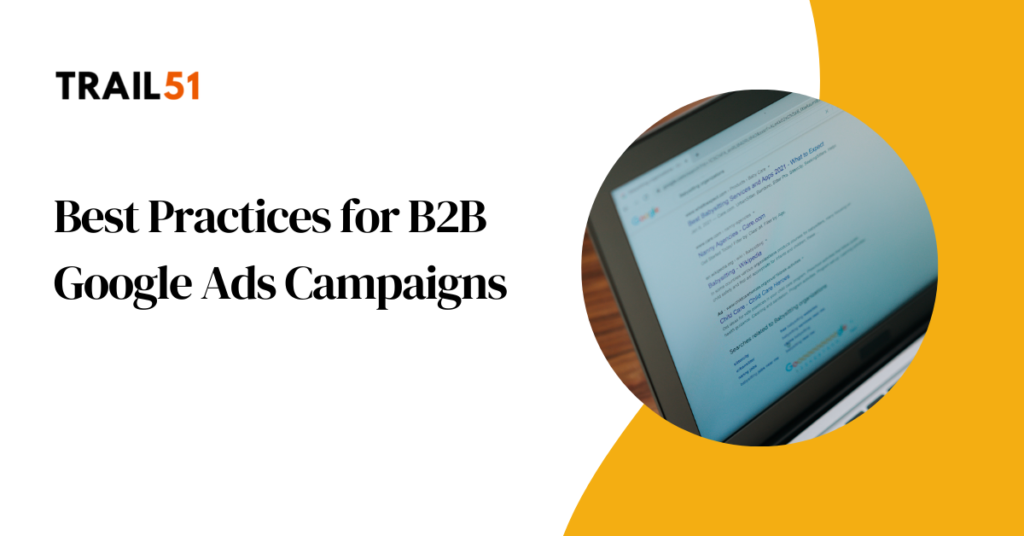Key takeways:
- Audience segmentation enhances marketing effectiveness through tailored targeting.
- Various segmentation methods include firmographic, technographic, needs-based, and more.
- Meta Ads offer specialized options for reaching specific B2B segments.
- Continuous monitoring and optimization improve ad performance and ROI.
Introduction
Audience segmentation is a powerful tool for creating highly effective B2B Meta ad campaigns. By dividing your audience into distinct groups based on shared characteristics, you can tailor your messaging to meet the specific needs of each segment.
This targeted approach not only increases campaign effectiveness but also optimizes your marketing budget. Research has consistently shown that businesses using segmented ad campaigns experience higher engagement rates. In this guide, we’ll explore the best practices for B2B audience segmentation in Meta Ads.
Understanding Your Total Addressable Market (TAM)
To start with audience segmentation, it’s crucial to understand your Total Addressable Market (TAM). The TAM represents the total demand for your product or service, giving you a maximum estimate of your potential customer base.
Methods to Calculate TAM
1. Top-Down Approach:
– Use industry reports.
– Estimate the size of your overall market.
2. Bottom-Up Approach:
– Use real data from sales and customer insights.
– Multiply the potential customer count by the average revenue per user.
3. Value-Theory Approach:
– Understand your product’s value to each customer.
– Calculate total potential revenue based on this value.
Knowing your TAM helps in setting realistic goals and understanding the scale of segmentation needed.
Segmentation Methods Tailored for B2B Marketing
Firmographic Segmentation
Firmographic segmentation divides your audience based on company characteristics, like:
– Company size
– Industry type
– Job function
This method helps focus your efforts on the most relevant companies.
Technographic Segmentation
Technographic segmentation involves examining the types of technology your prospects use. Understanding the tools and platforms within a company can provide valuable insight into their needs and preferences.
Needs-Based and Sophistication Segmentation
This method involves grouping customers based on their specific needs and familiarity with your products. Conducting interviews and analyzing service usage data can help identify these segments.
Implementing Meta Ads Targeting Options
Leveraging Audience Segments
Meta provides various targeting options such as:
– Demographic targeting
– Lookalike Audiences
– Retargeting with lead nurturing
Through custom audiences and detailed targeting features, these options can be precisely tailored to your audience’s profile.
Optimizing and Testing Ad Campaigns
Segmentation and Ad Performance
Once your audience is segmented, you can analyze which segments respond best to different ad sets. Testing various creatives tailored to each segment’s characteristics can significantly boost performance.
Continuous Campaign Monitoring and Adjustment
To ensure your campaigns remain effective, consistent monitoring is vital. Update your segmentation strategies regularly to accommodate shifts in the market and changes in audience behavior.
Frequently Asked Questions
Audience segmentation involves dividing your target market into smaller groups based on shared characteristics to improve marketing effectiveness on platforms like Meta Ads.
Firmographic segmentation focuses on company-level characteristics like industry and size, while technographic segmentation looks at the technology and tools used by these companies.
Conclusion
The tailored approach of audience segmentation is essential for maximizing the effectiveness of B2B Meta Ads. By utilizing segmentation strategies like firmographic, technographic, and needs-based, your ad campaigns can deliver content that resonates with the right audience.
Continuously optimizing and monitoring these strategies ensures sustained ad performance and a greater return on investment.



